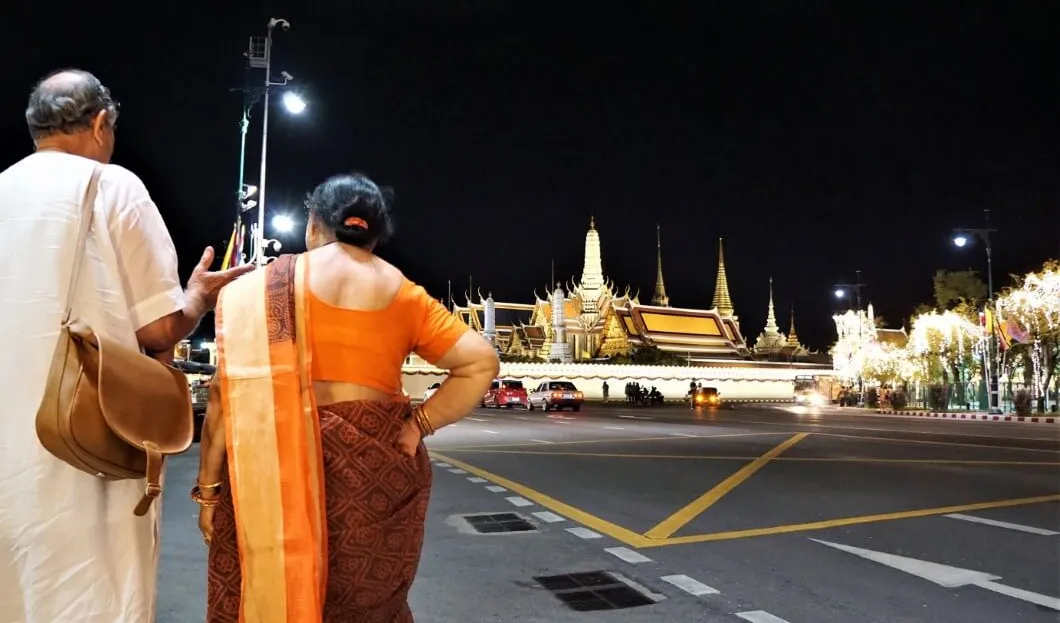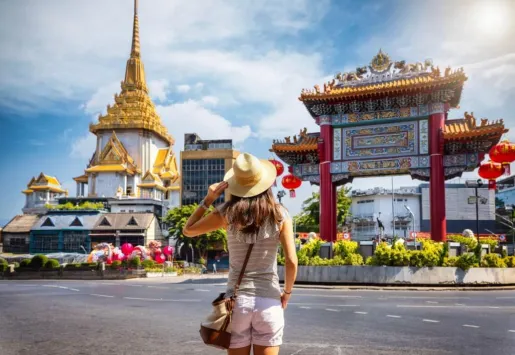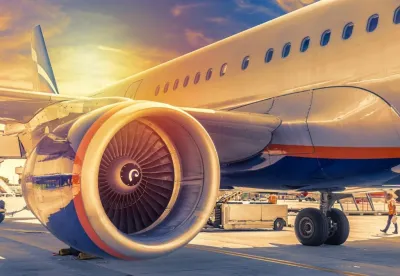
The temporary visa waiver in Thailand was initially announced to benefit India. However, Chinese and Kazakh travelers will be eligible for it from September 25 to February 29 of next year. The program allows tourists from these two countries to cross Thailand's border without a visa and stay for up to 30 days at a time. The Visa Waiver Program is expected to bring Chinese tourists, bringing in an estimated 35 billion baht.
Thailand aims to boost its tourism industry by attracting Indian tourists despite India not being included on the list of visa-exempt countries. The Thai Prime Minister, Srettha Thavisin, plans to visit India this year to discuss with his counterpart, Narendra Modi. He will discuss ways to increase the frequency of flights between the two countries and expand the services of the national airline, Thai Airways International.
As part of an effort to ensure that airlines from both countries have equal capacity, there are currently limited inbound flights from India. Air India, the country's former national carrier, is updating its fleet and may not yet have enough planes to fly to the kingdom's destinations. Thus, Thai Airways might be authorized to operate more flights to India.
Thailand could consider other measures to boost Indian tourist arrivals, such as tax exemption on imported jewelry for Indian weddings celebrated in Thailand, a popular destination for such ceremonies.
As Indian tourists can obtain Thai visas quickly, waiving this requirement may not be necessary.
The government of Thailand is taking steps to revive the travel industry, which is a crucial factor in boosting Southeast Asia's second-largest economy. It aims to raise tourism revenues to their pre-pandemic levels, aiming to achieve 3.1 trillion baht by 2024.
Thailand has already welcomed 18.5 million foreign tourists since the beginning of this year and is expected to receive 28 million more by the end of the year. It's worth noting that the country welcomed a record-breaking 40 million tourists in 2019.
















